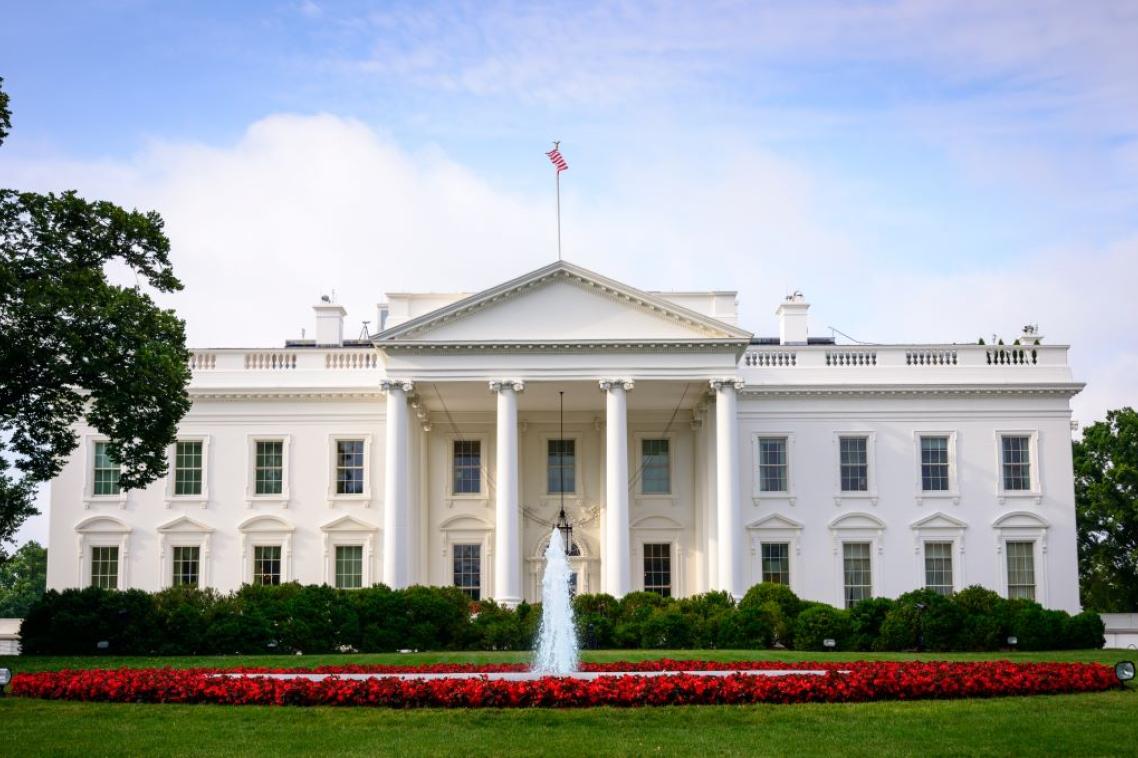Tough metals go soft on UQ research
Research by a University of Queensland PhD student is helping shape the materials of the future.
Andrew Blake recently returned from The Minerals, Metals and Materials Society (TMS) annual meeting and exhibition held in San Francisco where he won the award for Best Student Paper.
His research has helped paint a clearer picture of the hardening and softening effects of magnesium when high concentrations of aluminium and zinc are added. It may open the door to new alloys that could be used in industry for machines such as automobiles.
The paper was a joint collaboration between Mr Blake and his supervisor Associate Professor Carlos Cáceres, who was awarded a $170,000 Australian Research Council Discovery Grant to develop the research.
“Normally when you add a solid to a metal it gets harder but in this case, using different crystal orientations [the atoms stacked in a certain way], it can get both harder and softer,” Mr Blake said.
“If you can get the hardening and softening working better then it will be easier to process magnesium in different ways so it will be easier to process more parts out of it, whether they be automobile parts or other parts.”
The 2005 TMS exhibition presented the latest breakthroughs in materials research with more than 2000 individual presentations that addressed current and future advances in the development and production of traditional materials.
Mr Blake, who is in the final year of his PhD studies in the School of Engineering, said his paper had been warmly received, with many questions from other delegates.
The research completes the picture on how hardening and softening occur in magnesium alloys and will help engineers to design more ductile alloys.
Dr Cáceres said the results of the research could have a significant impact on the way magnesium alloys were used in current technology.
“The density of magnesium is about half that of aluminium. This makes magnesium a very attractive material when it comes to reducing the weight of cars and saving gasoline,” Dr Cáceres said.
“There is currently a boom in magnesium applications in the automobile industry and Australia has a growing strategic interest in the development of magnesium alloys technology.”
Media: For more information, contact Andrew Blake (telephone 07 3365 3639, email: a.blake@minmet.uq.edu.au) or Professor Carlos Cáceres (telephone 07 3365 4377) or Chris Saxby at UQ Communications (telephone 07 3365 2479).
Related articles

Libertarian tech titan Peter Thiel helped make JD Vance. The Republican kingmaker’s influence is growing

Link proven between gut inflammation and inflammatory arthritis
Media contact
UQ Communications
communications@uq.edu.au
+61 429 056 139
